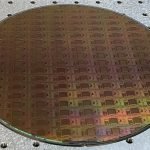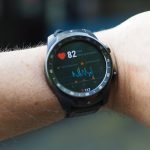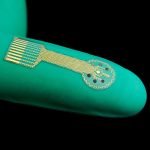Who’s liable in a self-driving car crash?
Police officers can often identify which driver is responsible for a traffic accident.
But what about when a self-driving vehicle is involved? Which driver should...
How to make electronic noses smell better
Have you ever wished that you could get a machine to "smell" something for you?
Well, that's what electronic noses, or e-noses, are for!
They are...
New memory chips might bring powerful AI to our pocket devices
Scientists might change this by creating a new type of chip with the best memory ever for portable AI devices.
New wrist-worn device can quickly tell if you’re having a heart attack – it...
Scientists have developed a wrist-worn device that could revolutionise treating heart attacks by speeding up diagnosis – without the need to draw blood (the...
This smart bandage could monitor and treat wounds
A new kind of smart bandage developed at Caltech may make the treatment of these wounds easier, more effective, and less expensive.
This is what happens when your phone is spying on you
Smartphone spyware apps that allow people to spy on each other are not only hard to notice and detect, they also will easily leak...
New traffic cop algorithm helps a drone swarm stay on task
MIT engineers have developed a method to tailor any wireless network to handle a high load of time-sensitive data coming from multiple sources.
How fresh...
Augmented reality headset could help users see hidden objects
The device could help workers locate objects for fulfilling e-commerce orders or identify parts for assembling products.
MIT researchers have built an augmented reality headset...
New smartphone app can strongly improve memory recall
In a study from the University of Toronto, scientists found that a new smartphone application helps to strongly improve memory recall.
A smart necklace to help people stop smoking
In a study from Northwestern Medicine, scientists have developed a necklace that could help you stop smoking.










